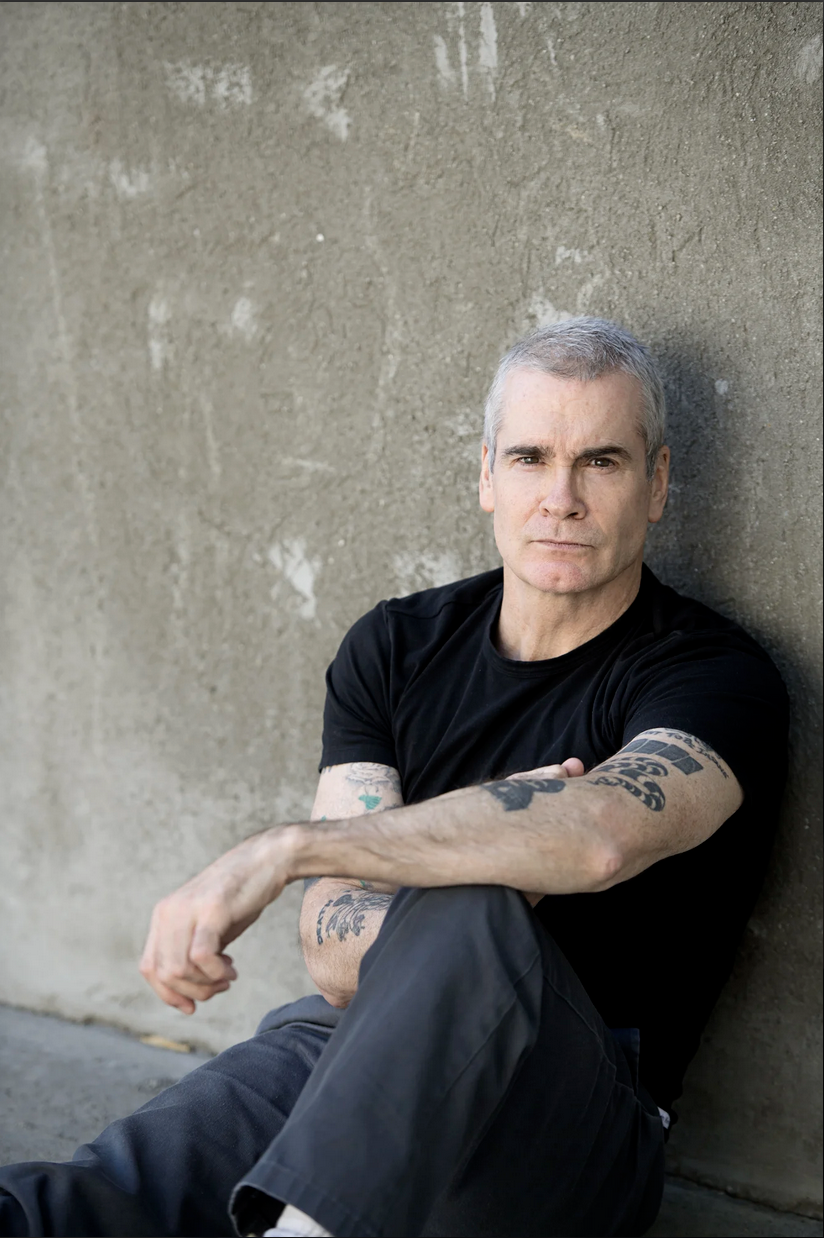"Your 'reality' (what to you is the real world) is playing either of two functions: it is either the concernful environment of your needs and is known by sharp, interesting figures against empty grounds, or it is a screen for your projections. If the latter, you will attempt to make the projections conform with observation — you will always be seeking proofs, making mountains out of molehills, or otherwise distorting your perspective." - Dr. Fritz Perls
Using a social "inquiry" website called Formspring.me, I've come to know friends, acquaintances as well as myself better through the asking and answering of questions about myself and others. What has struck me with some of the responses is the revelation of biases about the world that many of us hold. In the quote above, Dr. Perls, the father of Gestalt therapy insists that the world is one of indifferent abundance (an event level observation, as Korzybski would call it) or it is muddled by inferences, assumptions and unverifiable perceptions (a reversal of order.)
One such assumption that many hold is that "life has not given me anything" or that "life is no good for me." It would be irrational to assume that life must give you anything or that life must be good or bad. If life was to unfold around you without your interaction with it, we would still be stuck in caves, venturing out only as often as we needed to nourish ourselves with food and water. Once we travel through childhood and adolescence, we begin to individuate and carve our own path through life. We must depend on ourselves for fulfillment; intellectual, physical and spiritual (whatever that may entail.) If we sit idly and wait for life to approach us, we should soon realize nothing will come.
Yet people sit. They wait. They croak and wither under the pain of disappointment as life passes them by. Their regrets overwhelm them and they are lowered into the ground with frowns plastered on their faces.
Life is chaotic, but we can enjoy it. Reality is a place that holds whatever we project on to it. By observing it in its natural state and describing what we can sense rather than telling ourselves what we believe to be there, we can navigate it with less fear and apprehension and lend our causation into the grand ecology of what the world has to offer.

